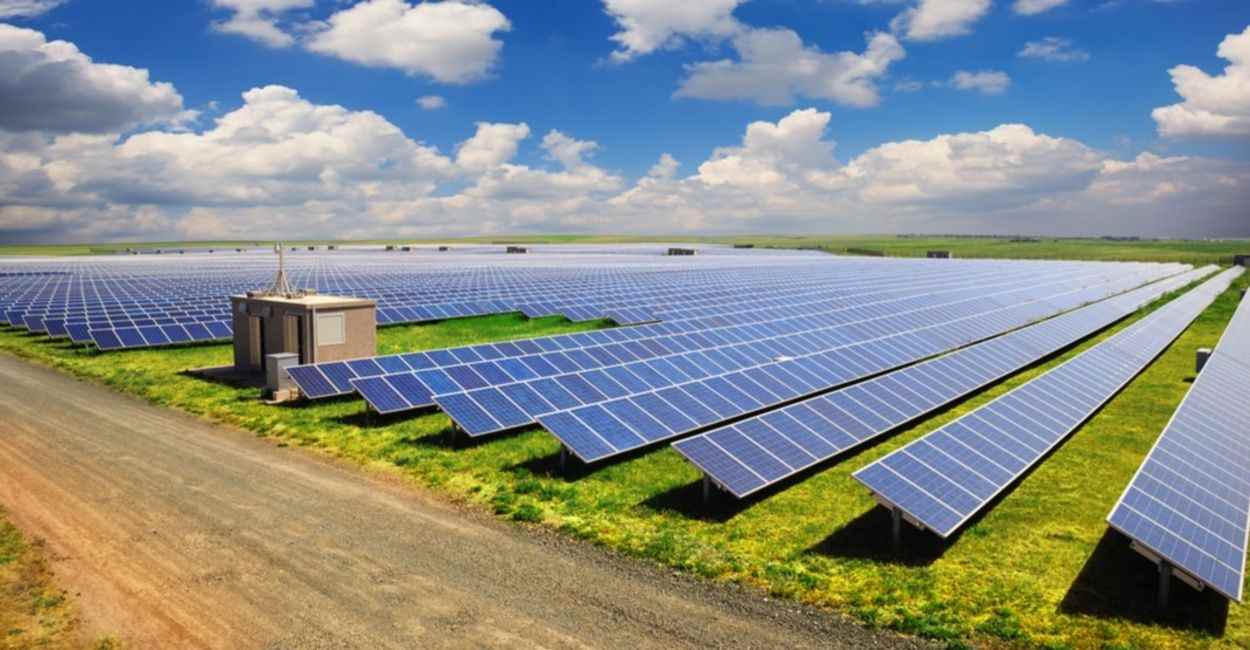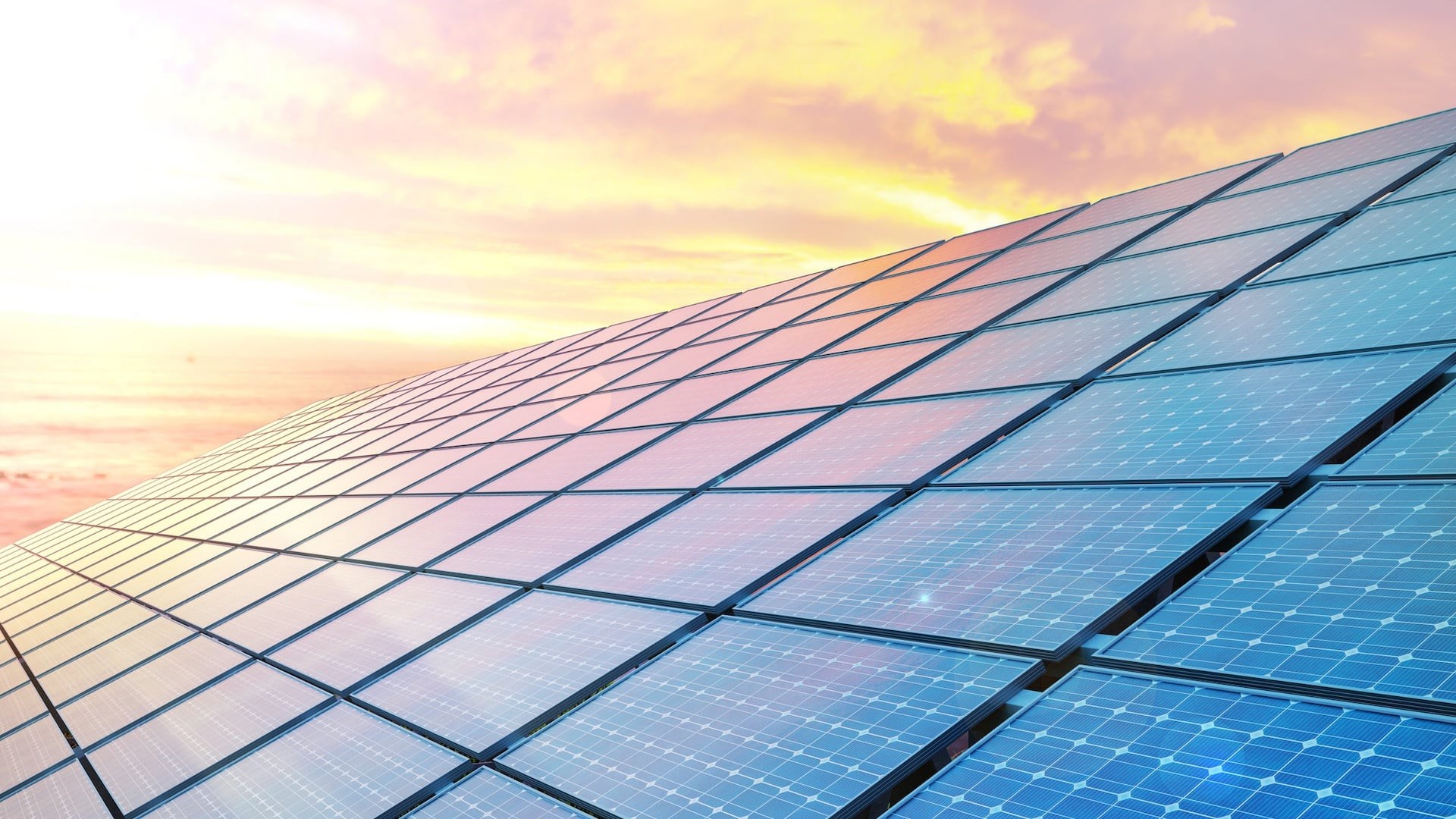Optimize Energy Cost Savings With High-Quality Solar Panels
Taking full advantage of energy savings through the usage of high-quality solar panels is a multifaceted strategy that calls for cautious consideration of technology, installation, and upkeep. Choosing high-efficiency choices, such as monocrystalline panels, can considerably enhance power generation, while resilience and warranty terms play a critical function in long-term economic feasibility.
Benefits of Solar Power
The advantages of solar power are numerous and substantial, making it a progressively attractive option for both household and industrial applications. Among the main advantages is its possible to decrease electricity expenses. By harnessing sunshine, residential property owners can create their own power, lowering reliance on typical utility resources and ultimately bring about considerable financial savings.
One more essential benefit is ecological sustainability. Solar power is a tidy, renewable source that helps to alleviate greenhouse gas emissions, adding to a decrease in air pollution and climate adjustment. This aligns with worldwide initiatives to transition in the direction of even more sustainable energy remedies.
Additionally, solar energy systems can raise residential or commercial property worth. Residences and companies furnished with solar panels typically have greater resale worths, appealing to environmentally-conscious purchasers and financiers. Government incentives, such as tax obligation credit histories and discounts, can counter installation costs, making solar energy even much more monetarily practical.
Last but not least, solar innovation promotes energy independence. By purchasing solar power, people and services can lower their susceptability to rising and fall power prices and supply interruptions, promoting better control over their power sources. Collectively, these benefits highlight the compelling factors to take into consideration solar power options.
Selecting the Right Solar Panels
Picking the appropriate solar panels is a crucial action in maximizing the performance and benefits of a solar energy system. When assessing solar panels, numerous elements should be considered to guarantee ideal efficiency and long-lasting savings.
First, assess the panel's effectiveness score, which indicates just how successfully it converts sunshine right into power. Greater effectiveness panels might have a higher ahead of time expense but can produce more power in limited room. Next, analyze the warranty supplied by the maker; a longer guarantee generally reflects a higher degree of confidence in the item's resilience and efficiency.
Additionally, take into consideration the kind of photovoltaic panel technology. Monocrystalline panels are recognized for their high efficiency and space-saving style, while polycrystalline panels have a tendency to be much more affordable however slightly less reliable. Bifacial panels, which capture sunlight from both sides, are additionally gaining appeal for their possible to enhance energy result.
Lastly, conduct a thorough review of independent performance rankings and customer testimonials to evaluate reliability and fulfillment. By thoroughly thinking about these aspects, home owners can make informed selections that align with their energy requirements and economic objectives, ultimately improving the return on financial investment for their solar power systems.
Understanding Setup Costs
Recognizing the costs connected with mounting photovoltaic panels is essential see this for homeowners aiming to invest in sustainable power. The general installment price can differ significantly based on a number of aspects, consisting of system dimension, panel type, installation intricacy, and geographical area.
Commonly, the price is computed on a per-watt basis, with ordinary rates varying from $2.50 to $3.50 per watt before any type of rewards. A conventional domestic system might cost between $15,000 and $25,000, depending on power requirements and the chosen components.
In addition to the panels themselves, house owners need to consider expenses connected to inverters, installing hardware, and electrical upgrades. Labor expenses likewise play a vital function, as professional installment ensures compliance with safety requirements and local laws.

Eventually, recognizing these setup prices and prospective financial benefits is crucial for house owners to make informed choices concerning transitioning to solar energy.

Maintenance for Long-Term Financial Savings
Preserving click for info photovoltaic panels is essential for making best use of lasting energy savings and ensuring the system runs at peak efficiency. Routine upkeep entails several key practices that can dramatically enhance the longevity and performance of solar installments.
First, routine inspections need to be carried out to identify any type of physical damages or wear, such as splits or loosened links. Cleaning the panels is additionally vital, as dirt, dust, and particles can block sunshine, decreasing power outcome (Solar Panels). It is suggested to cleanse the panels at the very least two times a year, or more frequently in locations with high levels of dust or pollution
Additionally, keeping an eye on the system's efficiency with a tracking software application can supply real-time information on power manufacturing and alert house owners to any type of anomalies. This positive method permits timely repair work, reducing downtime and maintaining optimal power generation.
Ecological Effect of Solar Power
The environmental impact of solar power expands much beyond its instant advantages of lowering power costs and reliance on nonrenewable fuel sources. By harnessing sunlight, solar power dramatically lowers greenhouse gas discharges, thus mitigating environment modification. Unlike conventional power sources such as coal or gas, solar energy generation does not create air pollutants, contributing to enhanced air high quality and public health.
In addition, solar power promotes biodiversity by minimizing the need for nonrenewable fuel source extraction, which often disrupts communities and habitats. By transitioning to renewable power resources, we can protect all-natural landscapes and secure threatened species from habitat loss.
The life process of solar panels additionally presents a lower ecological footprint compared to traditional energy resources - Solar Panels. While producing solar panels involves some source usage and discharges, innovations in technology and reusing procedures are constantly minimizing these impacts. Furthermore, the lasting advantages of solar power-- such as decreased dependence on finite resources-- much surpass these initial prices
Verdict
In recap, the adoption of top notch solar panels presents considerable chances for energy cost savings and environmental benefits. The strategic alignment of solar find more panel selections with power requirements and federal government motivations improves return on investment, promoting sustainability and decreasing dependence on traditional power sources.